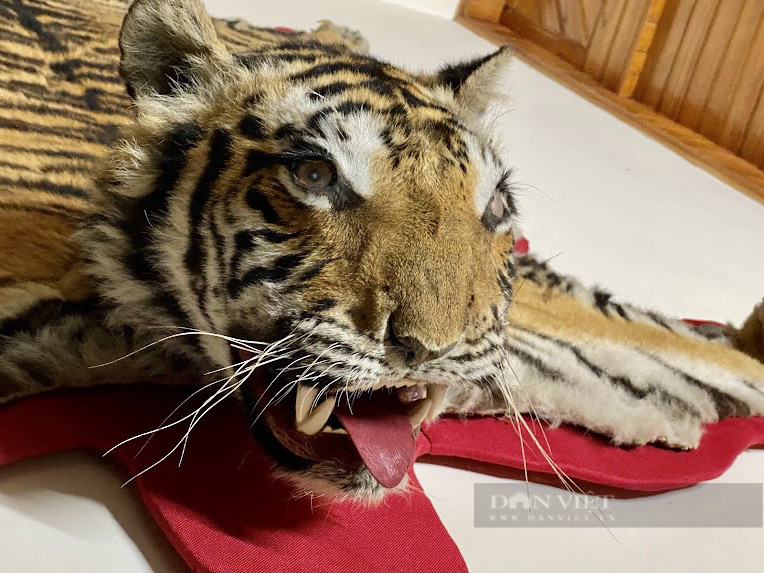
In 2021, it is estimated that Vietnam has recorded 2.470 cases of violations on the internet related to the trade of bears, tigers, rhinos, ivories, monkeys, pangolin,… There are also thousands of other unresolved cases related to wildlife that have not been investigated and prosecuted.
Experts consider this issue to be an all-important issue that requires a stricter process of handling violations.
The forest rangers got involved after Dan Viet’s investigating documents
Immediately after receiving information from Dan Viet newspaper from the above series of articles, leaders of Forest Protection Departments in some localities have made drastic moves in the fight to protect wildlife species in the area, with a specific focus on online trading.
Accordingly, in response to Dan Viet reporters, Mr. Hoang Quoc Huan, Head of the Ha Tinh Provincial Forest Protection Department said: “The first action is: The Forest Protection Department has signed a commitment with restaurants in the area not to slaughter bushmeat or get involved in illegal captive breeding of wildlife. Secondly, along the routes and areas where the traffickers often illegally hunt and transport wildlife, we have organized many forces to drastically prevent them.”
However, during the actual infiltration process, the reporters of Dan Viet have recorded images of people blatantly advertising and openly trading rare and precious forest animals in the same area.
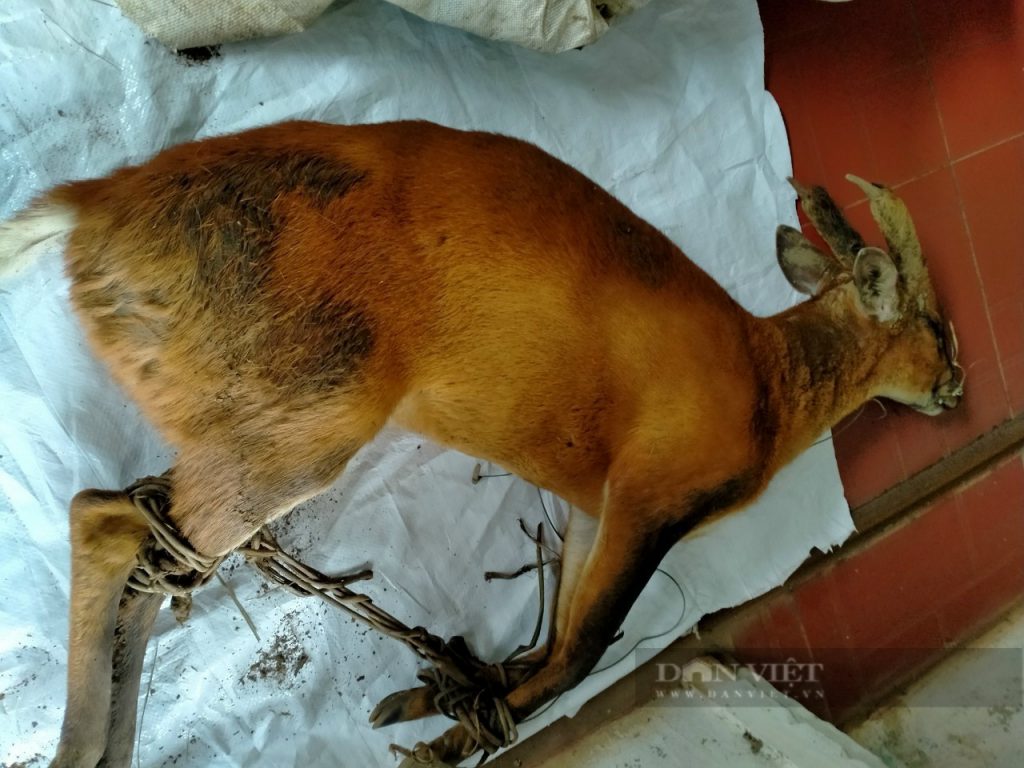
In the same localities that the article series “Real extermination in the virtual world” exposed, Mr. Tran Van Ty, Director of the Quang Tri Provincial Forest Protection Department, revealed: “Currently, the Provincial Forest Protection Department has not handled any cases related to wildlife trade via the internet or via social networks. If any cases are detected, the Sub-Department will strictly handle it.”
“As for the information that the journalists report about a woman who openly trades wildlife in large quantities along the highway, we will direct the locality to inspect and detect violations. Violators will be strictly handled in accordance with the law,” said Mr. Ty.
President of the Vietnam Zoological Association: For the community, let’s sacrifice “selfish” ambitions
As a famous scientist, the current Chairman of the Zoological Society, Vice President of the Vietnam Association for the Protection of Nature and Environment – with many years of experience and research in the above field – discussed with a reporter from Dan Viet newspaper about the series. Professor, Doctor of Science Dang Huy Huynh said: “Each one should know how to sacrifice their selfish ambitions a little to help nature be preserved and restored for us and for generations to come.”
Prof. Dr. Dang Huy Huynh added: “The wildlife trade on the internet is really a hot issue. Vietnam is also one of the wildlife trafficking hotspots that the world has warned about urgently, with many regulations to keep the situation in check. The trade in wild animals, which moved from Laos, Cambodia, Myanmar to Vietnam and to other countries, was also gradually tightened.”
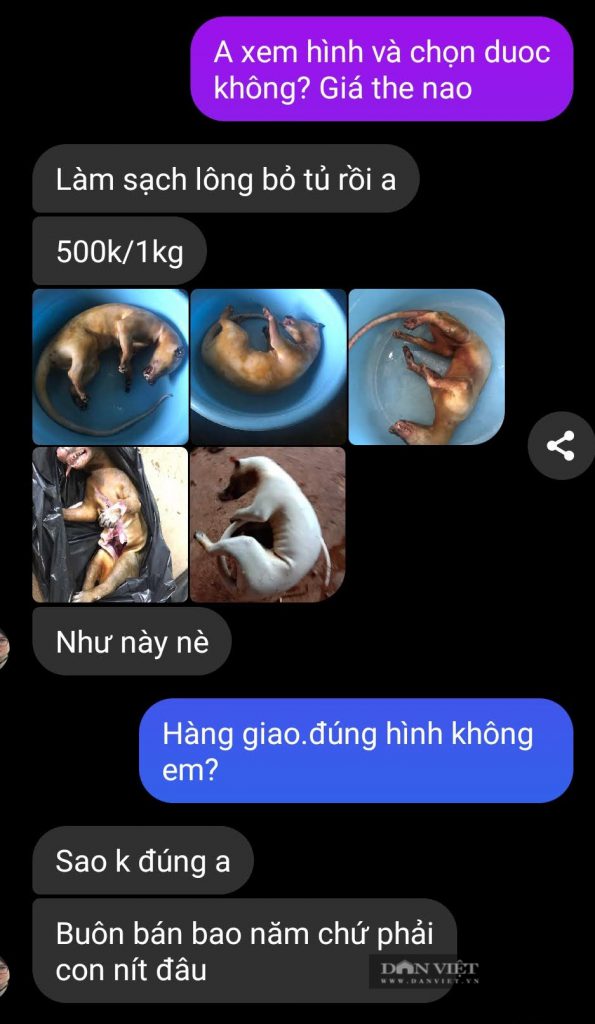
The Vietnamese government is also very determined to do this. Specifically, the Law on Environmental Protection, as well as the Law on Forestry in 2017, absolutely prohibits the above acts. In my opinion, in order to improve the situation, which is still quite complicated, the customs forces, police and forest rangers must work together more closely – in the face of the transnational nature and the sophistication of this type of crime”.
Assessing wildlife resources in our country today, Prof. Dr. Dang Huy Huynh emphasized: “At the present, the number of forest animals in our country has decreased a lot. Compared to our previous research, the number of individuals in each species can be reduced by at least 60-70%.
If we do not resolutely protect wildlife animals, it will not be long before the extinction of many species has broken important ecological “links”. This will affect both the natural ecosystem and the social ecosystem, bringing about natural disasters and epidemic diseases…!”.
The “virtual markets” are “no longer safe” for violators!
In recent years, wildlife violations on the Internet are increasing at an alarming rate. Taking advantage of the ability to easily reach buyers on a large scale and easily hide their identities while using the internet and especially social networking platforms, many traffickers have regularly advertised products such as ivory, tigers, rhino horns, bear claws, tiger skins, wild game meat, and many other wildlife products.
In 2019 alone, the Wildlife Protection Department of Education for Nature (ENV) has recorded more than 2,400 cases of wildlife trade advertising on Facebook, YouTube, Zalo, Tiktok, and other websites. This number shows no sign of reduction. According to the report, the year 2020 recorded 2,907 cases, while there were 3,703 cases reported in 2021.
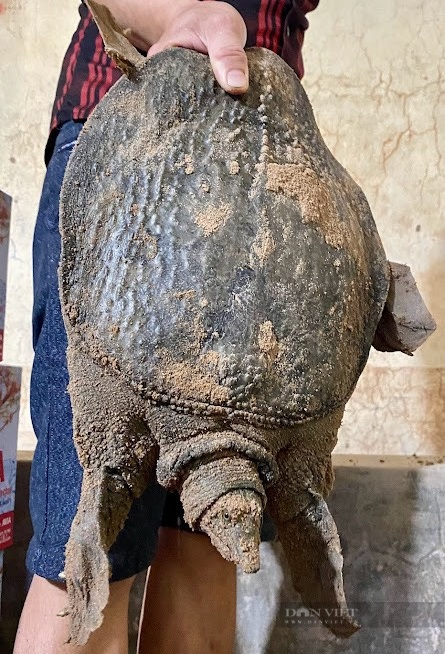
However, according to the latest information provided by ENV to Dan Viet reporters on March 2, 2022, in 2021, 2470 cases of wildlife violations were recorded on the internet, of which 541 cases involved bears, 546 cases involved tigers, 44 cases involved rhinos, 559 cases involved ivory, 68 cases involved pangolins, 20 cases involved sea turtles, 262 cases involved monkeys, and many other cases that have not been recorded.
Particularly in January 2022 alone, the authorities have confiscated 289 wild animals, removed 141 violating links on the Internet, disabled 83 social network accounts, voluntarily transferred 6 wildlife individuals, and fined 4 individuals.
Ms. Bui Thi Ha, Deputy Director of ENV shared: “The wildlife trade, even on the Internet, is no longer safe for the violators mentioned above! ENV would like to thank the community, e-commerce platforms, and social networks that have joined hands with ENV to protect wildlife. ENV especially applauds the efforts of law enforcement agencies in investigating, tracking and handling violators on the internet.”
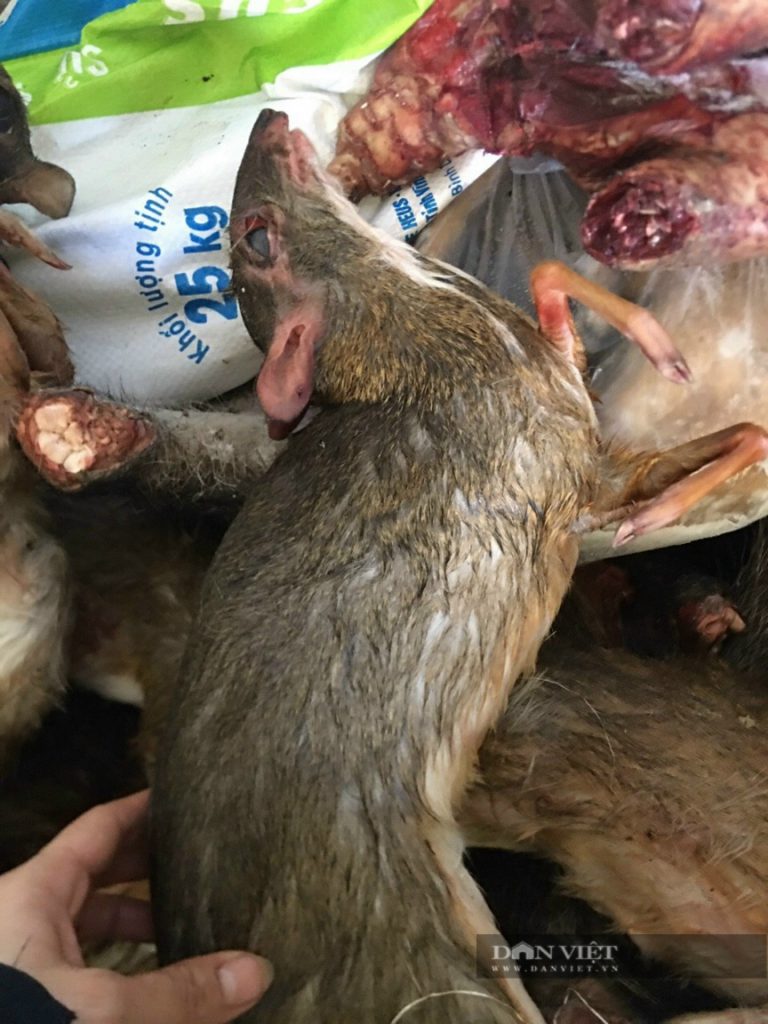
“ENV hopes that the valuable lessons about the consequences of wildlife trafficking will help warn those who have been hoping to “get rich” from this illegal act. ENV also suggested the authorities continue promoting and actively taking action to stop wildlife crimes on the Internet in particular and completely eliminate wildlife crimes from society in general,” said Ms. Ha.
A wake-up call: 14 years in prison for selling rhino horns
Most recently, the seminar “Improving the effectiveness of handling wildlife crimes” was organized by the Education for Nature Center (ENV) in collaboration with the People’s Procuracy of Hanoi on the 24th. On February 2, 2022, Hanoi was considered to be the locality that recorded the largest number of wildlife crimes brought to trial. Hanoi was also a locality with many severe deterrent sentences for illegal wildlife trafficking.

Recently, according to the Center for Nature Education’s report, on December 4, 2021, Do Minh Toan (born in 1985, residing in Liem Son commune, Thanh Liem district, Ha Nam province) was arrested by the People’s Court of Nature and sentenced to 14 years in prison – the highest punishment ever applied in Vietnam to a wildlife offender.
Previously, he was prosecuted by the Hanoi People’s Procuracy for violating regulations related to the protection of endangered, precious, and rare animals as prescribed in Clause 3, Article 244 of the Penal Code 2015 (amended and supplemented 2017) after being discovered illegally transporting 126.5kg of rhino horn by air.

Mr. Nguyen Van Dung, Deputy Director of the Hanoi People’s Procuracy, affirmed his “zero tolerance” determination in combating this type of crime as well as proposed solutions to improve legal regulations, strengthen the coordination with relevant agencies, departments, and sectors to improve the effectiveness of wildlife crime handling.
The seminar in Hanoi is among the series of thematic seminars conducted by ENV in collaboration with local People’s Procuracy with the goal of improving the effectiveness of the handling of wildlife crime and enhancing deterrence against this type of crime. This encourages the focus on dealing with those holding the lines (especially transnational tycoons) of large wildlife trade both on the internet and all “real life” transactions.
Source: Dan Viet News


